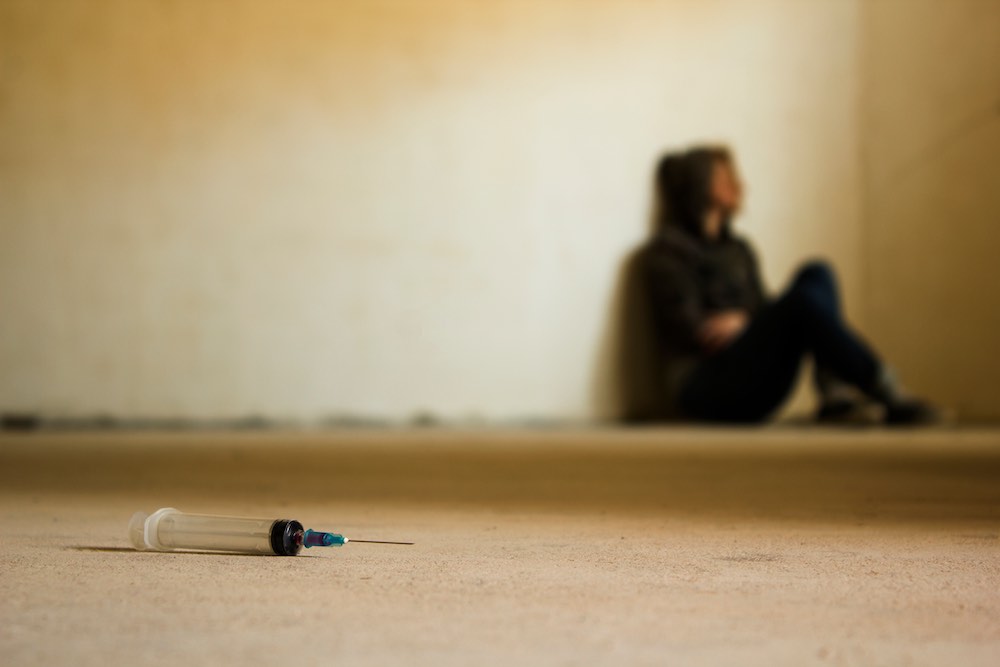Medication-assisted treatment (MAT) can be used in opioid and heroin addiction to help reduce withdrawal symptoms. It also helps relieve the urge to use. Methadone, a highly addictive substance, was once the only option to help with heroin addiction. However, more medications are now available to help treat heroin addiction. Though, it depends on an individual’s drug experience, patterns of behavior, and overall health history. All these factors are considered when choosing the appropriate drugs in MAT.
Achieving Lighter Symptoms with Heroin Detox
When choosing a treatment center to help you treat your heroin addiction, there are important things to be certain of. It is important to make sure they have a certified opioid treatment program, they have a medical doctor on staff, and they allow medication-assisted treatment (MAT).
It is highly medically recommended to participate in an inpatient medically supervised detox. Patients are medically supervised 24/7 for their physical, mental, and emotional well-being. Medication-assisted treatment (MAT) can be beneficial through the detox process and throughout treatment because it can help minimize the harsh effects of withdrawal symptoms.
These are the symptoms you may experience in withdrawing from heroin:
- Bone pain
- Diarrhea
- Cold flashes
- Vomiting
- Muscle cramping
In addition to general weakness, nausea, sneezing, and restlessness are common withdrawal symptoms. You also are more likely to experience depression and insomnia.





